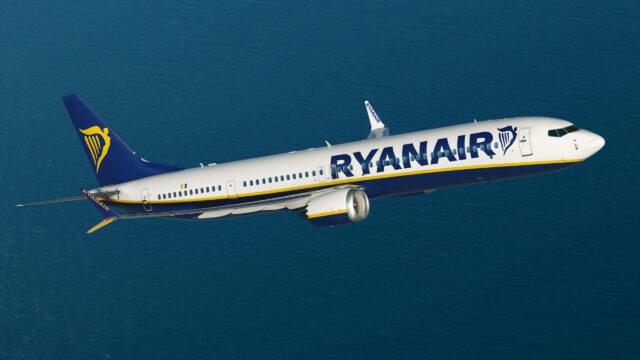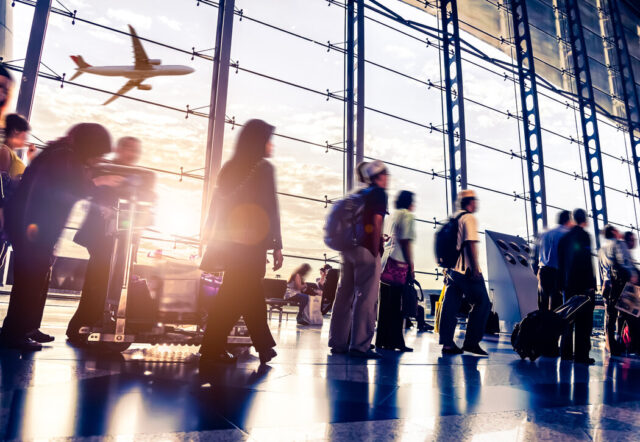Wizz Air 2050 net zero strategy relies heavily on SAF
April 25, 2025

Wizz Air’s ‘net zero by 2050’ sustainability strategy leverages SAF as a critical decarbonisation tool, despite acknowledging that achieving a net zero roadmap is “fraught with uncertainties”.
The airline’s ‘Flying Towards Net Zero’ roadmap claims to offer what it terms a “realistic path focused on the three F’s” – including 30% emissions reductions from new aircraft technology and fleet renewal, 53% reductions from SAF, and footprint (4% reductions from air traffic management modernisation).
These will be augmented through 21% decarbonisation through technological advancements in aircraft and engine technology, and a further 2% through operational efficiencies. Wizz believes that compared to its competitors, the airline has “put greater emphasis on SAF and new aircraft technologies as critical decarbonisation levers, rather than unproven technologies and offsetting”.
With Wizz claiming the lowest emissions intensity per passenger kilometre of any airline globally (helped in part with its youngest, most fuel-efficient fleet in Europe), SAF remains a “cornerstone” of ongoing decarbonisation strategies. In December 2023, the airline announced a £5 million investment in biofuel producers Firefly; its first investment in SAF and one which aims to provide up to 525,000 tonnes of SAF over 15 years from 2028. In October 2024, the airline announced it would be trialling SAF operations in collaboration with Airbus across two major routes.
However, with Wizz Air corporate and ESG officer Yvonne Moynihan recognising that “scientific advancements also encounter obstacles related to cost, infrastructure, and regulatory approval,” Wizz is also continuing to “call on governments, regulators, and the fuel industry to wake up to the reality of aviation’s transition”.
Earlier this year, Wizz’s operational trial of SAF and adjacent passenger survey also concluded that although 65% of respondents would prefer lower emissions flights, 36% are not willing to pay extra. Additionally, 74% were unaware of the recent implementation of RefuelEU legislation, mandating a minimum share of SAF in flights departing from EU airports from 1 January 205. At the time, Wizz maintained it was “dedicated to prioritising initiatives that transparently educate [its] passengers about SAF”.
















